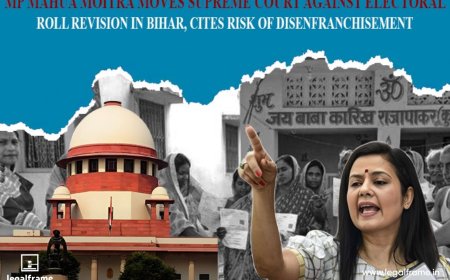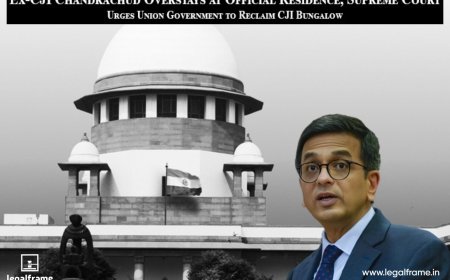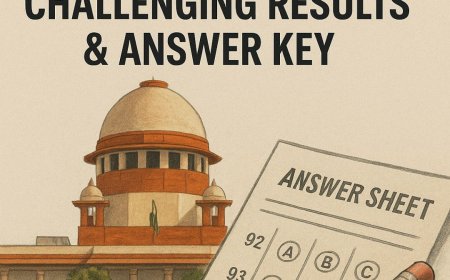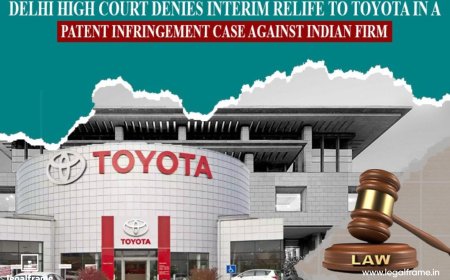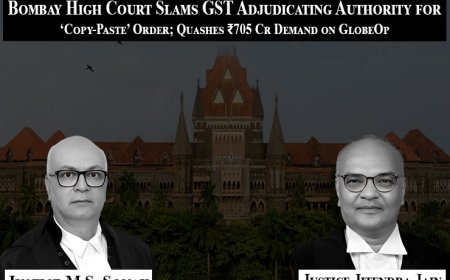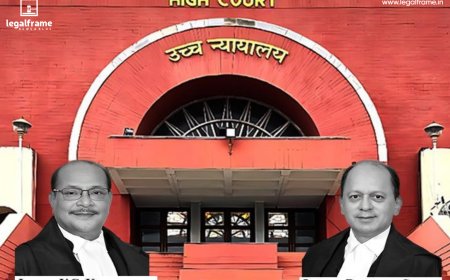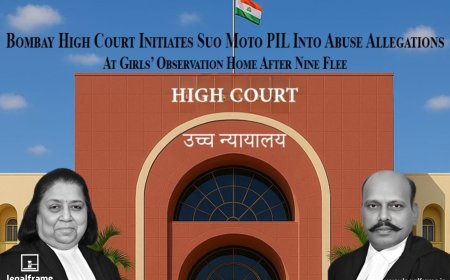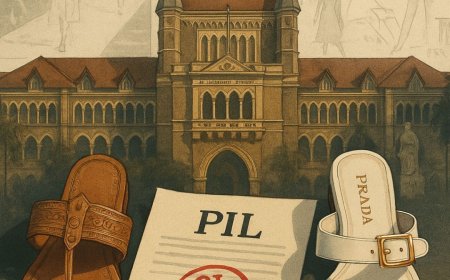Delhi High Court Denies Interim Relief to Toyota in a Patent Infringement Case Against Indian Firm
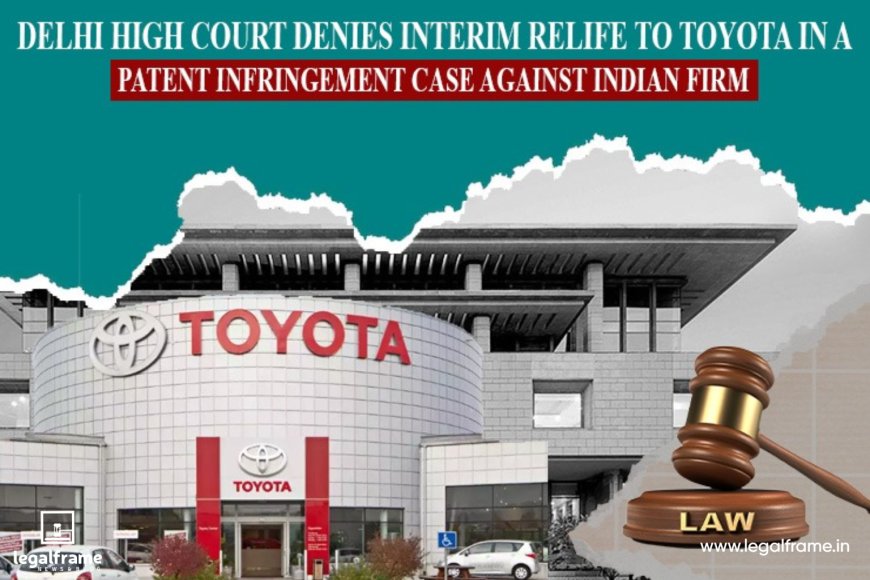
New Delhi, July 1 — The Delhi High Court has declined interim relief to Japanese company Kabushiki Kaisha Toyota Jidoshokki in a patent infringement case against Indian manufacturer LMW Limited, ruling that the patent in question had expired and could no longer be enforced.
The dispute involved Indian Patent No. 193731 (IN 759), which covered a “Fiber Bundle Concentrating Apparatus in Spinning Machine.” Toyota alleged that LMW’s spinning machines, sold under the brand name “Spinpact,” featured grooves measuring 0.15 millimeters—well above the patented threshold of 0.04 millimeters—thereby infringing on its protected design. The company submitted technical measurement reports from Carl Zeiss in support of its claim.
The suit also initially included another patent, IN 883, concerning a “Suction Duct for Spinning Machine,” but Toyota withdrew that part of the complaint after LMW ceased use of the relevant component.
In an order delivered by Justice Saurabh Banerjee, the court found that the patent had expired on May 24, 2025, after completing its 20-year statutory term as defined under Section 53 of the Indian Patents Act. The judgment held that once a patent expires, the exclusive rights granted to the holder come to an end, and the invention enters the public domain.
“The expiration of a patent eliminates the exclusive statutory rights once granted to the patentee, and the court cannot be asked to enforce rights that no longer exist,” the court stated. It added that allowing injunctions or similar remedies post-expiry would effectively grant a monopoly beyond the legally permitted term.
Justice Banerjee further observed that patent law does not provide protection for life. “Accepting the plaintiff’s plea for injunction after the expiry would amount to indirectly allowing them to claim a monopoly in perpetuity, which goes against the fundamental tenets of patent law,” the court noted.
LMW, the Coimbatore-based defendant, contested the validity of the patent and argued that similar groove designs were already in use before Toyota’s patent was filed. The company sought revocation of the patent on the grounds of lack of novelty and obviousness, although these claims were not decided at the interim stage.
The court acknowledged that Toyota had established a prima facie case of infringement. However, it held that the lapse of the patent foreclosed any possibility of granting interim relief, such as an injunction.
Justice Banerjee clarified that while injunctive relief was not available, Toyota could still pursue monetary compensation for any infringement that may have occurred while the patent was in force.
What's Your Reaction?








